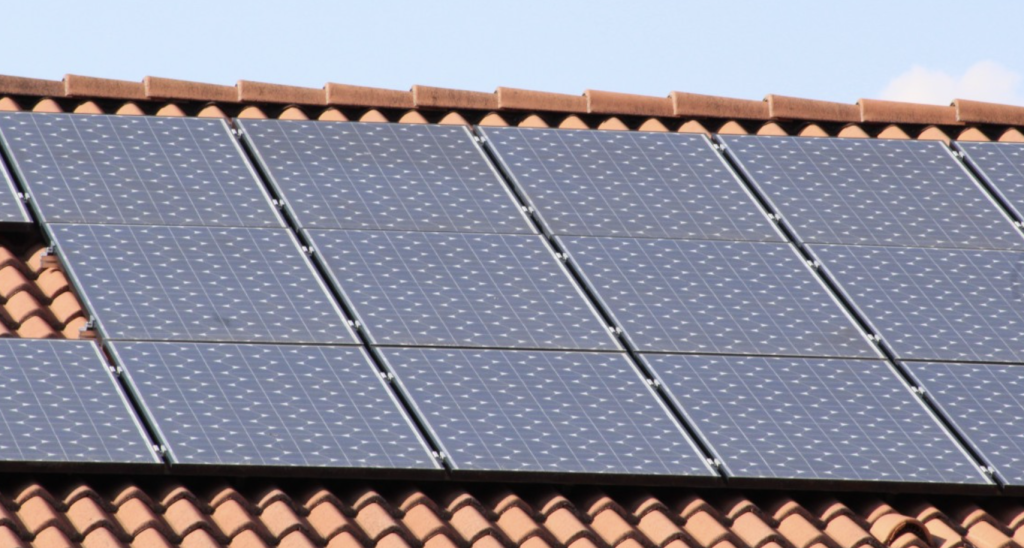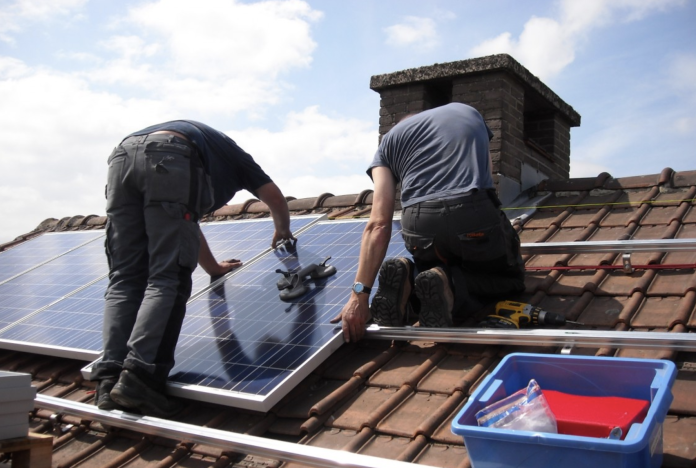The UK is on a sustainable trajectory when it comes to property, with the prevalence of solar energy. As solar energy is further adopted and applied during a building’s lifetime, it has a positive effect on property values, changing the behaviour of buyers, and also affecting the property industry along the way. This discussion provides an insight into how solar energy contributes to the UK property industry.
The Rise of Solar Energy in the UK
The usage of solar energy has dramatically increased in the past decade in UK. Due to the government’s objective to enhance energy efficiency and the reduction of carbon emission, investment in solar energy has seen an uplift. This has helped solar panel being made more affordable and making it feasible for any home and developers to have their own personal power source.
Over the past years, it is estimated that there are now over a million solar installations in UK. This number is expected to increase because of the growing number of people realising the benefits that come along with utilising the free energy provided by nature.
Government Incentives
Another of the most common factors behind the take-up is government incentives. The FiT, which paid homeowners for the energy generated by their solar panels, triggered a wave of installations in recent years before its replacement by the Smart Export Guarantee (SEG) tariff that pays for surplus energy exported to the grid. The financial incentives remain an attractive proposition for landlords.
Impact on Property Values
There is a clear sunny side with regard to property prices in the UK. Solar power has a positive influence on house prices, as houses with solar panels fitted are becoming more popular in part because of the low energy consumption. This is then having a positive impact on the price of properties. More and more buyers are taking into account the lifelong savings that come with using solar energy.
Added Value
A house with solar panels may become more valuable to a prospective buyer. In fact, research has found that homes with solar systems are often valued at up to 4 per cent more than properties without solar. In some regions where energy efficiency and environmental considerations are more important to homebuyers, the added value may be even greater. And it’s likely to get better. As energy prices rise even more in years to come, the appeal of having your own energy source should become an even more valuable feature of a new home.
Marketability
Solar panels additionally increase marketability of a home. In a competitive housing market, energy efficiency features such as solar panels can distinguish a property. Buyers who consider the environment or look to slash utility bills might be specifically drawn to homes with do-it-yourself solar set-ups, which could result in a quicker sale and an increased offer.
Influence on New Developments
The energy has an even bigger effect on the massive house-building industry. Incorporating solar panels into new builds has become common practice as developers meet the demand for low-energy properties.

Planning and Regulations
Local councils across the UK are necessitating or encouraging the installation of renewable energy provision as a part of new developments. In the wider drive towards the UK’s target of achieving net-zero carbon emissions by 2050, developers are being forced to look at sustainable design. This means increased focus on solar for the delivery of energy efficiency standards.
Appeal to Investors
The Managing Director of Open Property Group says that “Solar, meanwhile, bags up more points with property investors, particularly from the commercial sector, who like the idea of lower operating costs. In addition, both commercial and residential spaces with solar rooftops tap into the rising tide of ESG: environmental, social and governance considerations for investment.”
Future Trends
In coming years, solar energy in the UK property market is going to be of a much greater relevance as the improvements in technology continue and the cost reductions are made available to the general public, letting solar-generated power be installed on residential and commercial properties alike. Secondly, due to the UK government’s continued commitment to reaching the target of carbon emission reduction, solar energy will be a vital part of the strategy of the property sector in the UK.
Smart Homes and Solar Integration
Smart home technology should make solar energy better still as increasing integration with energy management systems will help homeowners to use power provided by solar cells more effectively, store surplus in batteries, and potentially sell the power back to the grid.
The experience of the UK indicates that solar energy is transforming the property industry as a whole. This shift around is reshaping property prices, marketability and development practices. Nowadays, the desire of buyers for environmentally friendly homes prompts the need to install solar panels on both residential and commercial buildings. Solar energy is fast becoming an integral part of the existing homes and commercial properties, as the world moves to a cleaner and greener future. The positive side of powering homes with solar panels is the growing number of homeowners, developers and investors who are gaining a greater sense of financial and environmental benefits. This analysis shows that the UK has emerged as a leader in the green revolution within the property sector.



 Bitcoin
Bitcoin  Ethereum
Ethereum  Tether
Tether  XRP
XRP  Solana
Solana  USDC
USDC  Cardano
Cardano  TRON
TRON  Lido Staked Ether
Lido Staked Ether  Avalanche
Avalanche  Toncoin
Toncoin